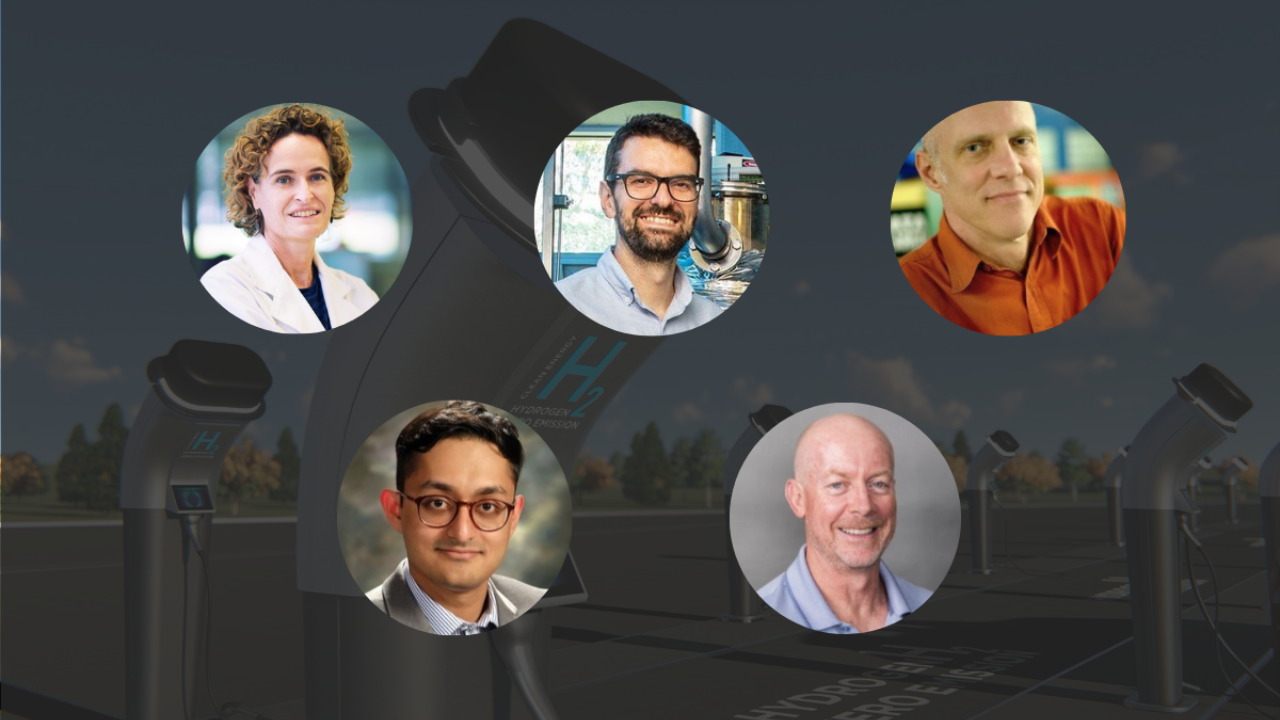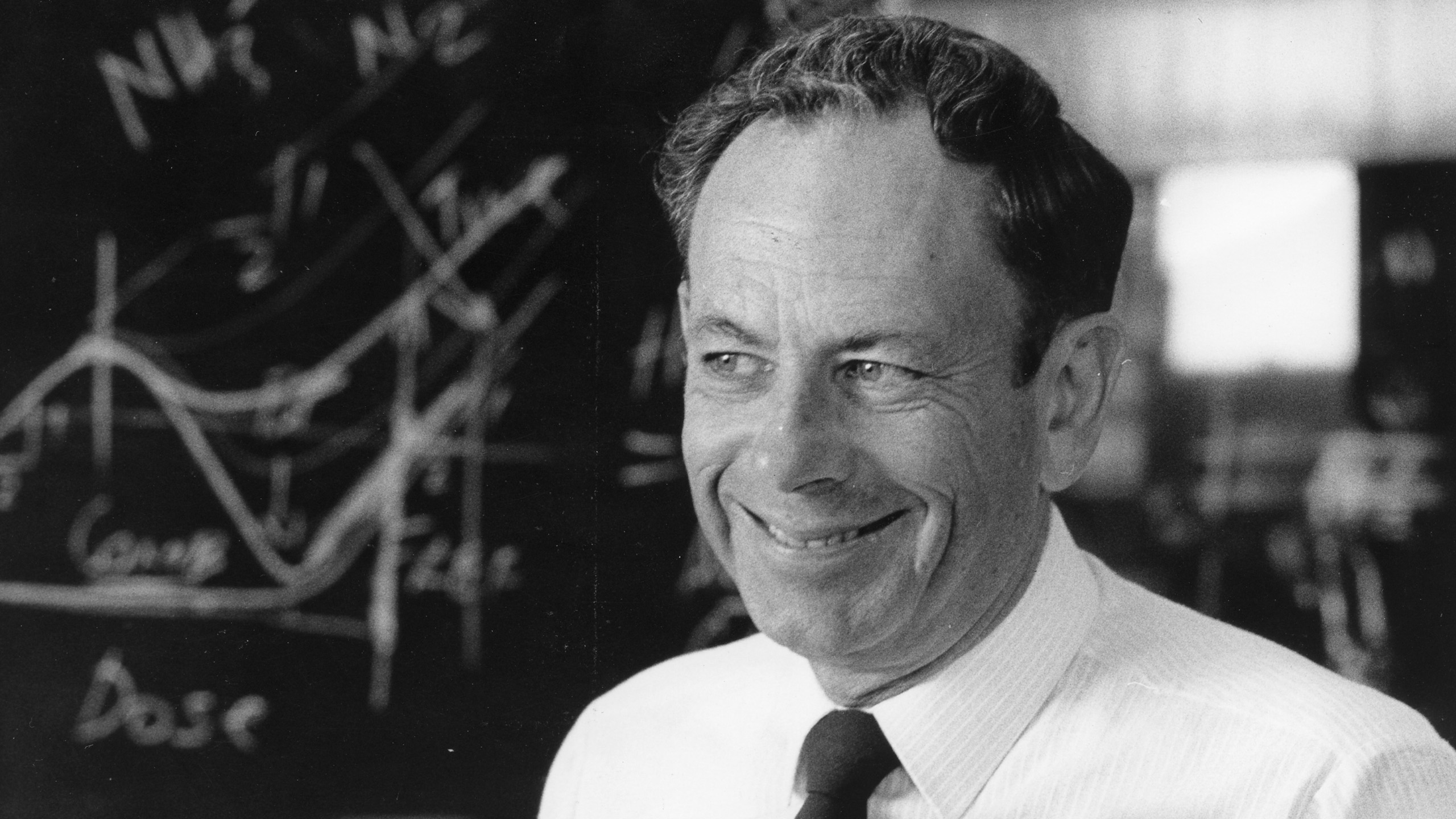Towards hybrid modeling of the global hydrological cycle

CCRC Seminar Series.
In this study, we exemplify a hybrid approach to global hydrological modeling that exploits the data adaptivity of neural networks for representing uncertain processes within a model structure based on physical principles (e.g., mass conservation) that form the basis of global hydrological models (GHMs). This combination of machine learning and physical knowledge can potentially lead to data-driven, yet physically consistent and partially interpretable hybrid models.
The hybrid hydrological model (H2M), extended from Kraft et al. (2020), simulates the dynamics of snow, soil moisture, and groundwater storage globally at 1∘ spatial resolution and daily time step. Water fluxes are simulated by an embedded recurrent neural network. We trained the model simultaneously against observational products of terrestrial water storage variations (TWS), grid cell runoff (Q), evapotranspiration (ET), and snow water equivalent (SWE) with a multi-task learning approach. Read full abstract
Speaker: Basil Kraft, PostDoc at the Max Planck Institute for Biogeochemistry in Jena, Germany.

Dr. Basil Kraft
Max Planck Institute for Biogeochemistry in Jena, GermanyBasil Kraft is a PostDoc at the Max Planck Institute for Biogeochemistry in Jena, Germany. He is interested in deep learning for the understanding of Earth system processes. Basil received his Master’s degree in Geography from the University of Zurich, focusing on remote sensing, geographic information systems, and applied statistics. In his Ph.D. studies in Jena, he focused on hybrid modeling, which is the combination of deep learning and physically-based approaches. As a key result, he and his colleagues demonstrated the feasibility of hybrid modeling for representing large-scale hydrological
processes. Besides the work on hybrid modeling, Basil investigates methods from explainable machine learning for the analysis of extreme events and implements sequential deep learning methods for the upscaling land-atmosphere fluxes within the FLUXCOM 2.0 project.



